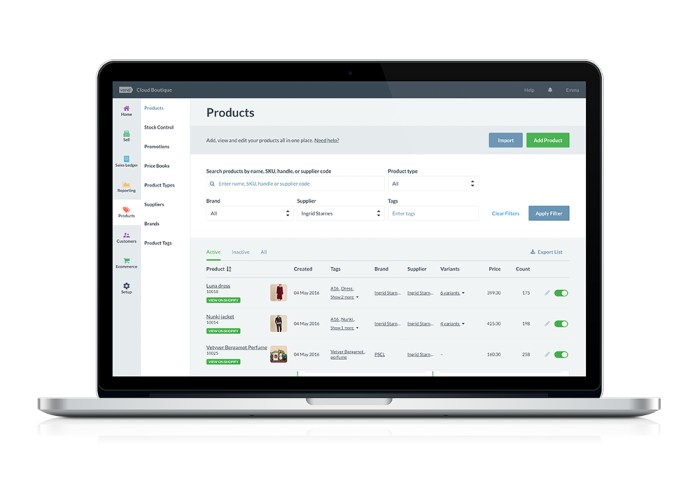The electrical contracting industry is a dynamic and ever-evolving sector, constantly adapting to the latest technological advancements. Amidst this backdrop, electrical contractor software has emerged as a transformative force, empowering businesses to streamline operations, enhance efficiency, and achieve operational excellence.
Understanding the Benefits of Electrical Contractor Software
Electrical contractor software encompasses a suite of tools that cater to the unique needs of electrical businesses. These software solutions streamline various aspects of the business, including:
- Project Management: Electrical contractor software simplifies the management of projects, from initial planning to completion. It facilitates the creation of detailed project plans, assigning tasks to team members, tracking progress, and managing documentation.
- Customer Relationship Management (CRM): CRM functionality enables electrical contractors to effectively manage customer interactions, from lead generation to customer satisfaction. It streamlines communication, tracks customer history, and simplifies the process of generating quotes and invoices.
- Scheduling and Dispatching: Scheduling software optimizes the allocation of resources, ensuring that technicians are efficiently assigned to jobs. It also facilitates real-time communication between office staff and field personnel, promoting seamless collaboration.
- Inventory Management: Electrical contractor software provides a centralized platform for managing inventory levels, preventing stockouts and overstocking. It also facilitates the tracking of inventory movement and the generation of purchase orders.
- Document Management: Electronic document management systems streamline the storage, retrieval, and sharing of documents, minimizing the risk of errors and ensuring that all stakeholders have access to the latest information.
- Field Data Collection: Mobile apps enable electrical contractors to capture field data directly from job sites, reducing paperwork and ensuring accurate documentation.
Boosting Efficiency and Productivity
The implementation of electrical contractor software has a significant impact on business efficiency and productivity. By automating tasks, streamlining workflows, and eliminating redundancies, these software solutions allow businesses to:
- Reduce Administrative Burden: Manually managing projects, scheduling tasks, and tracking inventory can be time-consuming and error-prone. Electrical contractor software automates these processes, freeing up staff to focus on more strategic initiatives.
- Improve Communication: Real-time communication between office staff and field personnel ensures that everyone is on the same page, minimizing delays and enhancing collaboration.
- Increase Accuracy and Compliance: Electronic document management and data entry minimize the risk of human error and ensure adherence to regulatory standards.
- Improve Decision-Making: Access to real-time data and comprehensive analytics empowers electrical contractors to make informed decisions that drive business growth.
Empowering Growth and Expansion
Electrical contractor software serves as a catalyst for growth and expansion, enabling businesses to:
- Win More Business: Efficiently managing projects, generating accurate quotes, and providing exceptional customer service positions electrical contractors to secure more business opportunities.
- Expand Service Offerings: Software solutions can facilitate the expansion of service offerings, enabling businesses to tap into new markets and generate additional revenue streams.
- Improve Profitability: Streamlined operations, reduced costs, and increased efficiency all contribute to improved profitability, allowing businesses to invest in growth initiatives.
- Stay Ahead of the Competition: By embracing technological advancements, electrical contractors can differentiate themselves from competitors and gain a competitive edge.
Choosing the Right Electrical Contractor Software
With a plethora of electrical contractor software solutions available, selecting the right one can be challenging. The following factors should be considered when making a decision:
- Industry-Specific Features: Choose software that caters specifically to the needs of the electrical contracting industry, offering features that align with industry-standard practices and regulatory requirements.
- Scalability: Consider the growth trajectory of the business and ensure that the software can accommodate future expansion needs.
- Ease of Use: The software should be user-friendly and intuitive, allowing staff to adopt it easily and effectively.
- Integrations: Evaluate compatibility with existing software systems and ensure seamless data integration to avoid duplication and errors.
- Customer Support: Reputable software providers offer comprehensive customer support to address any technical issues or questions that may arise.
Conclusion
In the dynamic landscape of the electrical contracting industry, electrical contractor software has emerged as an indispensable tool for enhancing efficiency, streamlining operations, and driving growth. By leveraging the power of technology, electrical contractors can gain a competitive edge, secure more business opportunities, and achieve operational excellence. As technological advancements continue to evolve, the role of electrical contractor software will only become more prominent, empowering businesses to navigate the complexities of the industry and thrive in the ever-changing market landscape.



